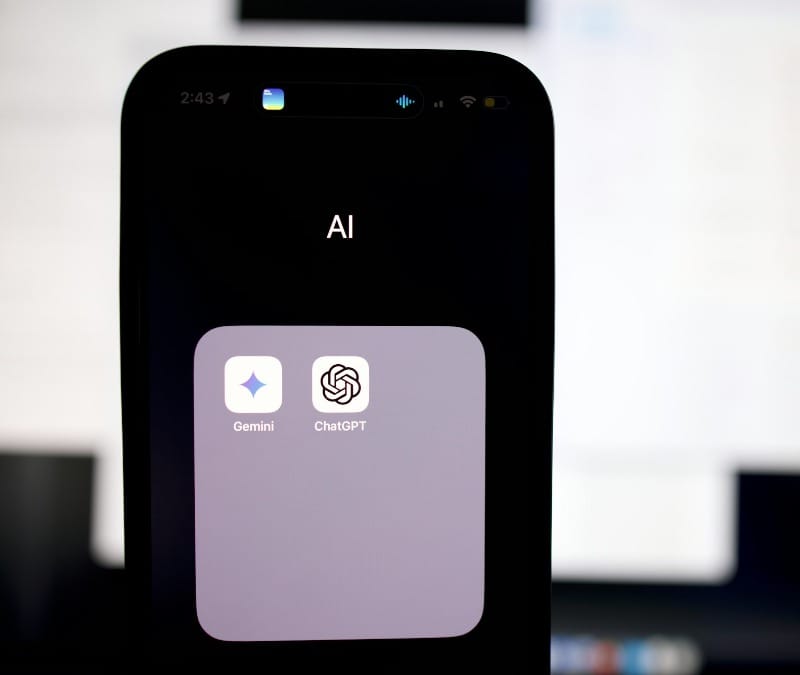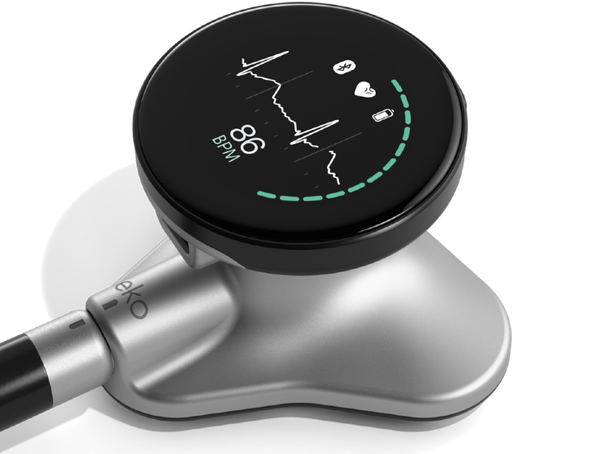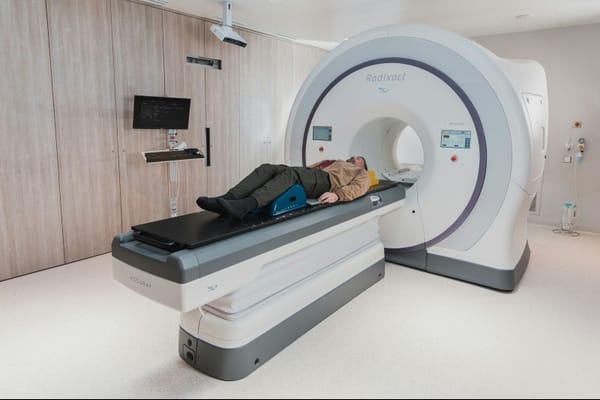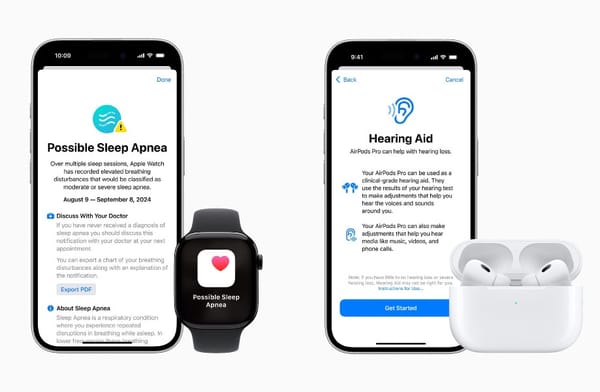In an era where technology touches every aspect of our lives, artificial intelligence (AI) is emerging as a powerful tool to revolutionize health and wellbeing. From personalized treatment plans to early disease detection, AI is reshaping the healthcare landscape, offering unprecedented opportunities to improve our quality of life. As we delve into the exciting possibilities, it's clear that AI is not just a futuristic concept, but a present-day ally in our quest for better health.
Key takeaways
• AI enhances personalized healthcare through data analysis
• Machine learning algorithms can predict health risks and outcomes
• AI-powered tools improve mental health support and accessibility
• Wearable devices and AI work together for real-time health monitoring
AI's role in personalized healthcare
Tailored treatment plans
One of the most promising applications of AI in healthcare is its ability to create personalized treatment plans. By analyzing vast amounts of patient data, including genetic information, lifestyle factors, and medical history, AI algorithms can suggest tailored interventions that are more likely to be effective for individual patients. This level of personalization can lead to better outcomes and reduced side effects, as treatments are optimized for each person's unique profile.
Predictive health analytics
AI's predictive capabilities are transforming preventive healthcare. Machine learning models can identify patterns and risk factors that might escape human observation, allowing for early intervention and prevention of potential health issues. For example, AI systems can analyze medical images to detect early signs of diseases like cancer or heart conditions, potentially saving lives through timely diagnosis and treatment.
Enhancing mental health support
AI-powered therapy assistants
Mental health is an area where AI is making significant strides. AI-powered chatbots and virtual therapists are providing accessible, round-the-clock support for individuals dealing with mental health challenges. These tools can offer immediate assistance, guide users through cognitive behavioral therapy exercises, and even alert human professionals when more intensive intervention is needed.
Mood tracking and intervention
AI algorithms can analyze various data points, including speech patterns, social media activity, and even facial expressions, to track mood changes and identify potential mental health concerns. This technology can provide early warnings of conditions like depression or anxiety, allowing for timely intervention and support.
AI and wearable technology
Real-time health monitoring
The integration of AI with wearable devices has opened up new frontiers in health monitoring. Smart watches and fitness trackers equipped with AI can continuously monitor vital signs, sleep patterns, and physical activity. This real-time data collection and analysis can provide users with actionable insights into their health and alert them to potential issues before they become serious.
Personalized fitness recommendations
AI algorithms can process data from wearable devices to create personalized fitness plans. By analyzing an individual's activity levels, heart rate responses, and recovery patterns, AI can suggest optimal workout routines and recovery strategies, helping users achieve their fitness goals more effectively.
Conclusion
The integration of AI into health and wellbeing practices represents a significant leap forward in our ability to manage and improve our health. From personalized treatment plans to early disease detection and mental health support, AI is proving to be an invaluable ally in our pursuit of better health outcomes. As this technology continues to evolve, we can expect even more innovative applications that will further enhance our ability to lead healthier, more fulfilling lives.
Take action for your health
Ready to explore how AI can benefit your health journey? Start by researching AI-powered health apps or wearable devices that align with your wellness goals. Remember, while AI can provide valuable insights, it's always important to consult with healthcare professionals for personalized medical advice.
References:
- Artificial Intelligence in Healthcare: https://www.ncbi.nlm.nih.gov/pmc/articles/PMC6616181/
- The Impact of Artificial Intelligence in Medicine on the Future Role of the Physician: https://www.ncbi.nlm.nih.gov/pmc/articles/PMC6779111/
- Artificial Intelligence in Health Care: Applications and Legal Issues: https://www.ncbi.nlm.nih.gov/pmc/articles/PMC6691444/














Member discussion